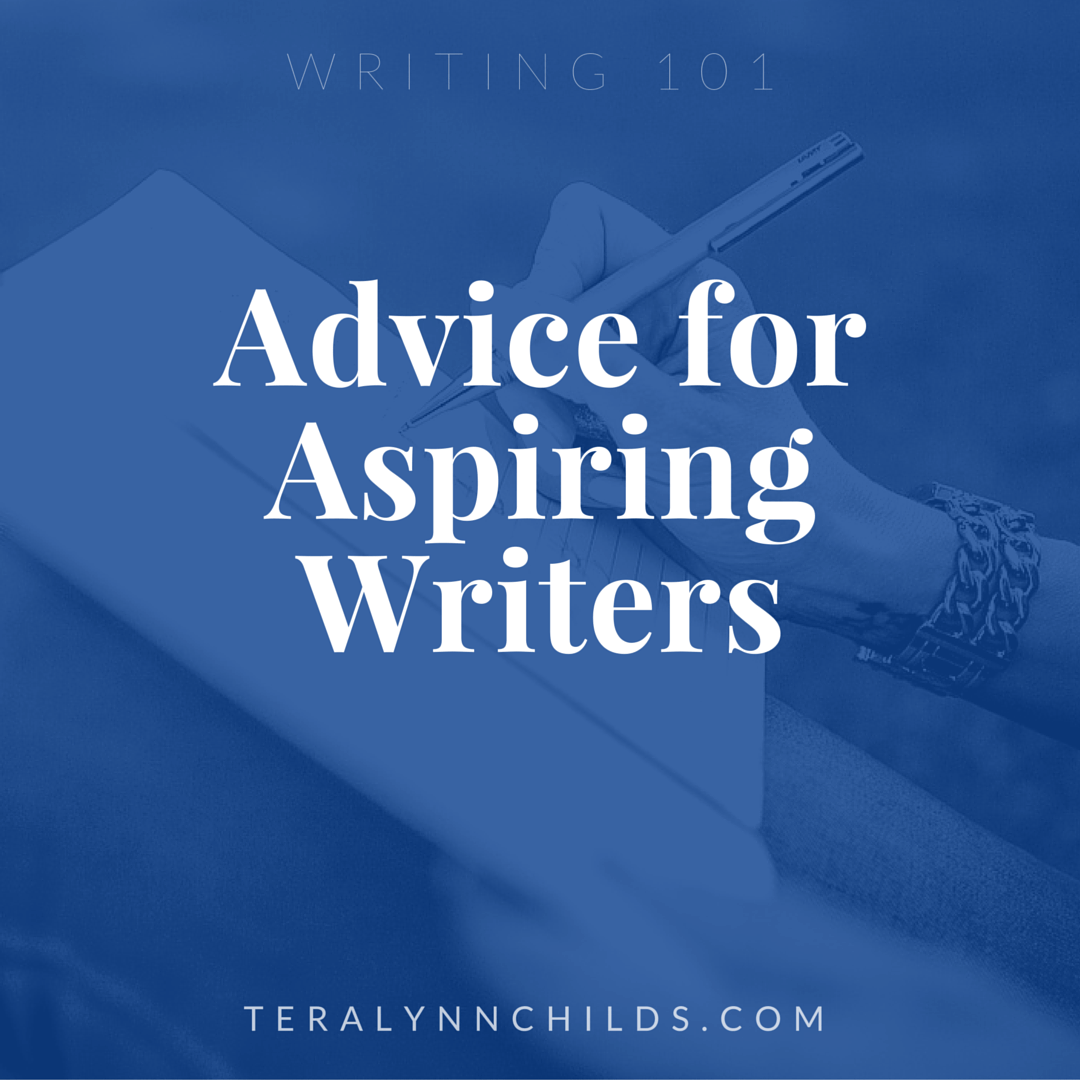Advice for Aspiring Writers
Are you an aspiring writer?
Do you dream of seeing your name in lights? No, wait, that’s acting.
Do you dream of seeing your name in print?
Do you have a great idea for a book or a short story, but have no idea how to get started writing?
Or maybe you’ve started writing it, but it’s not going exactly as planned (which is 100% normal, by the way).
If any of the above sound familiar, then I have just the advice you’re looking for. The first two essential steps for anyone who wants to put themselves on the path to becoming a writer. (And, ultimately, a good writer.)
But first, let me tell you why these steps are important.
The entire purpose of writing is to communicate something to the reader. Whether it’s making the reader laugh or cry (or both) or giving them an escape into a thrilling world, you want to make your reader feel something. That kind of communication doesn’t come easy. It’s takes skill to learn not only how it’s done, but also how to actually do it.
Note that I said skill, not talent. This is a learned ability. All it takes is motivation and persistence. Take the advice I’m about to give, and you’ll be a skilled literary communicator in no time!
1. Read as Much as You Can
There are many reasons why a writer should also be a reader.
- To stay up to date on what’s working in the publishing world.
- To get inspiration from diving into another writer’s world.
- To escape from the pile of suck that your first draft has become.
(Not that the last one has ever happened to me. *cough-cough*)
But there is another important reason for newbie and aspiring authors to read as much as possible. To learn how others use words to convey emotion.
Every writer (every human, really, and probably some dogs) has a unique way of communicating. The Powers That Be call this “voice” and it is the distinct way in which that person speaks.
- They phrase things differently (like New Yorkers wait on line instead of in line).
- They punctuate differently (some are “exceedingly fond of em-dashes”, or so my first copyeditor says).
- They structure sentences and paragraphs and chapters and entire novels differently.
The more writing voices you study, the more rhetorical tools (sorry, my inner word nerd is showing) you will have at your disposal when you sit down to write.
And when I say read, I mean that with no qualifications at all. Read anything and everything. Read magazines and blog posts. Read poetry and non-fiction. Read emails from your best friend and tumblr posts from your favorite singer. Reading is reading, whether it’s a bestselling novel or a series of rage-tweets from a celebrity in meltdown mode.
Open up your browser, head to the library, or grab a book off your shelf (virtual or otherwise) and start logging those reading hours.
2. Write as Much as You Can
Once you have learned to identify voice (or at least to notice that voices are different) it’s time to start developing your own voice. And the only way to do that is to write.
Write. Write. Write.
I wish there was a secret shortcut that took someone from being a struggling young writer to one who is confident and fluent in her prose. I would sign up for that shortcut in a heartbeat.
Sadly, the only way to become a better writer is to write.
In the same way that you have to read to learn how others use words to convey emotion, you have to write to learn how you use words to convey emotion.
You have to find your unique voice.
This isn’t easy. Oh my Zeus, this isn’t easy. When you’re starting out, you’ll hear people talk about voice like it’s some mystical, magical, elusive zebricorn with rainbow stripes. They might say your writing lacks voice. Or that your writing has an amazing voice. And you will have no clue what they mean.
It’s hard to pinpoint your own voice, and in some ways I don’t even think it’s necessary. Your voice is your voice, and you can’t really change it.
(Actually, I think we all have several voices inside of us, which we choose to use in different way. Like how you speak differently with your friends than with your Great Aunt Hildy. But that’s a subject for another blog.)
The number one thing you can do to make sure your voice shines through is to become a more fluent writer.
What do I mean by that? When you are fluent in a language, you don’t have to stop and translate every word choice. You become fluent in writing when you don’t have to labor over every single word.
Don’t get me wrong. Putting words on the page is never truly easy. But eventually it becomes more about what to say than how to say it. The less you worry about how to word something, more your natural voice will appear.
How do you become a more fluent writer? You write.
Like with the reading, it doesn’t matter what you write. It can be:
- a note to your best friend
- a piece of Teen Wolf fan fiction
- a sappy poem (trust me, we have all written sappy poems)
- an article for your school newspaper
- a blog post
- a short story…
Okay, I think you get the picture.
Just write. As much and as often as possible.
So there you have it. My two most critical pieces of advice for aspiring authors. Start reading and writing in obsessive quantities. Before you know you’ll be a bestselling author with a beach house and a full-time assistant! Okay, maybe not. But this is enough to get started. The fine-tuning comes later.
Do you have any advice to add to the conversation?
If you’re already following my advice, great! Drop a comment below letting me know the last thing you read and the last thing you wrote.




